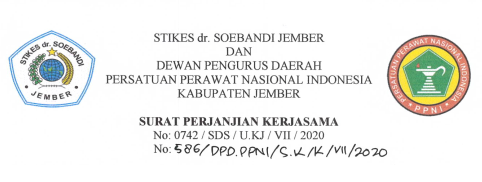Tabletop Tsunami Simulator In Tsunami Disaster Preparation To Make Schools Of Disaster Preparedness
DOI:
https://doi.org/10.36858/jkds.v9i1.267Keywords:
Tabletop tsunami simulator, knowledge, attitude, disaster-preparednessAbstract
Introduction: Tsunami in Indonesia become a threat to society, especially for vulnerable groups. Primary school students are one of the vulnerable groups that should have adequate preparedness both in their knowledge and attitudes in facing the tsunami. To support the preparedness, a tabletop tsunami simulator has been developed. Objective: To describe the tsunami preparedness of school-age children and to assess the impact of the tabletop tsunami simulator on the knowledge and attitudes of school children towards tsunamis. Methods: The study design was a one group pre-test – post-test design with a total participant of 157 students. The research instrument used was a tabletop tsunami simulator and a questionnaire to assess knowledge and attitude towards tsunamis. The statistical test used was the Mann Whitney test. The inclusion criteria included primary school 5th and 6th grade students, had a smartphone, and were willing to be participants. The data was collected using Google form and had obtained ethical approval number 62/SDS/KEPK/TL/VI/2020. Result: The Mann Whitney test showed a significant effect between the tabletop tsunami simulator and the participants’ knowledge of tsunamis with a p-value of 0.000 (p-value <0.05). In the attitude variable, an increase in the attitude score between the pre-test and post-test was also observed. The average attitude score increased from 32.99 to 34.97, with a p-value = 0.000. Conclusion: There is a significant effect between the tabletop tsunami simulator with the participants’ knowledge and attitudes in facing the threat of a tsunami.





